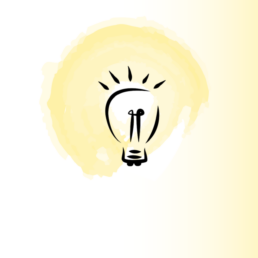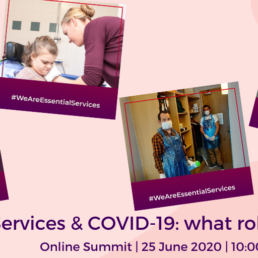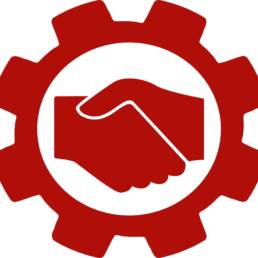Knowledge management
Keeping everyone informed
Overview
Knowledge, and the ability to pass it on, is a key aspect of the human experience. Knowledge is kept in documents and in people. However, documents can get lost, and people come and go.
By tapping into the large and extensive Caritas Europa network, we have a wealth of knowledge to learn from. We need to make sure this key knowledge is used and is not forgotten.
Why do we need this?
It is important that Caritas organisations are aware of the existing tools at their disposal. Knowledge management helps us to understand, use and maintain these tools so that we can collectively benefit from this wealth of information. In practice, this means we need to:
- Improve and focus knowledge development efforts to match our needs and to make sure that we do not re-invent the wheel or repeat past mistakes;
- Better protect and use the knowledge we have;
- Be able to find the documents we need quickly and efficiently and to know who to contact in different instances;
- Know how to best transfer knowledge to those who need it.
How does it work?
At the European level, we keep a close eye on the retention and sharing of information through our cross-network working structures that bring together people from different Caritas organisations. Groups of people can also learn with and from each other via our learning paths, communities of practice (CoP) and the webinars, events and workshops we organise, always focussing on peer-to-peer learning and exchanges.
We have developed important tools over the years: the Mapping database, now used for the entire confederation by Caritas Internationalis, which contains the various projects, tools and best practices of our members as well as the Knowledge Managment Portal which is a compilation of best-practices from inside and outside the Caritas network. The confederation-wide extranet, Baobab, allows members of staff to connect, discuss and share documents and media from anywhere in the world.
Ask an expert
Miriam Pikaar
Senior Institutional Development Officer
Tel: +32 (0)2 235 03 99
Mob: +32 (0)478 58 54 36
mpikaar@caritas.eu




